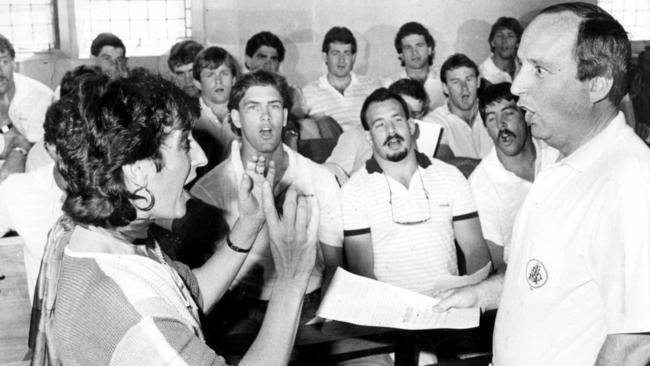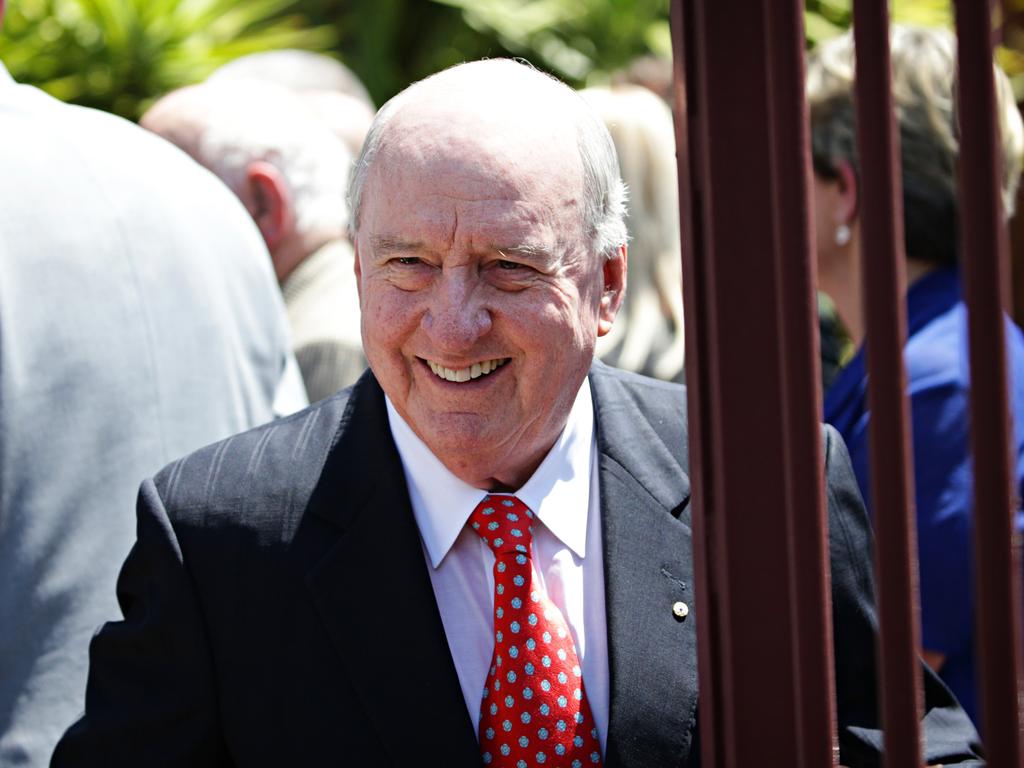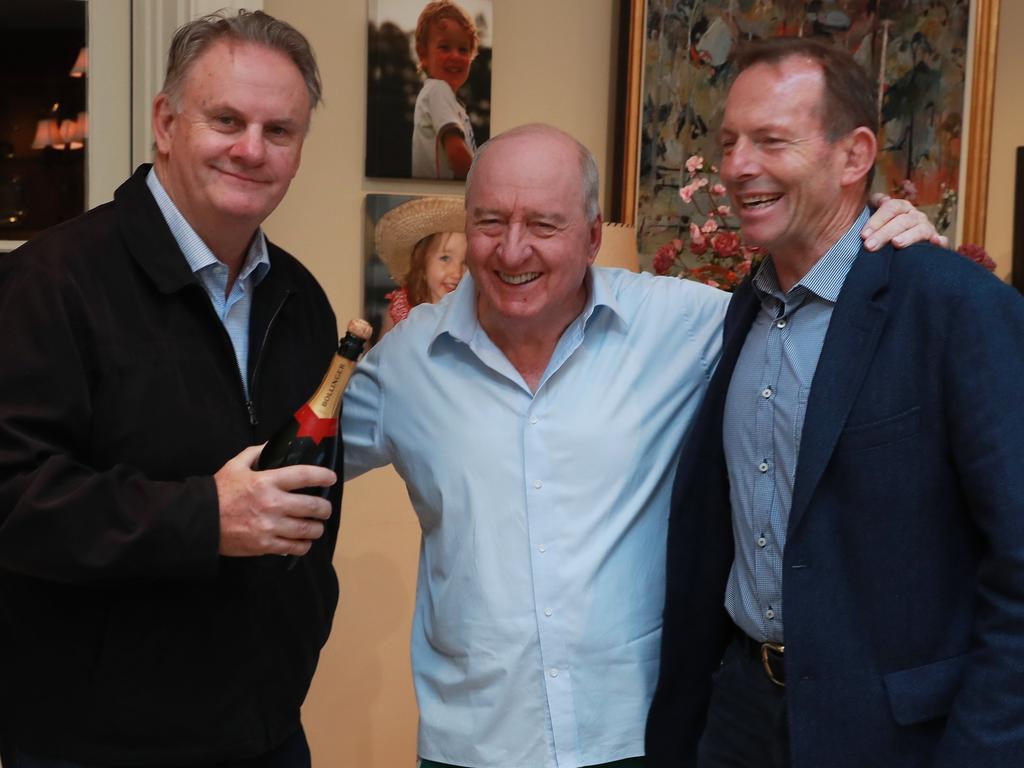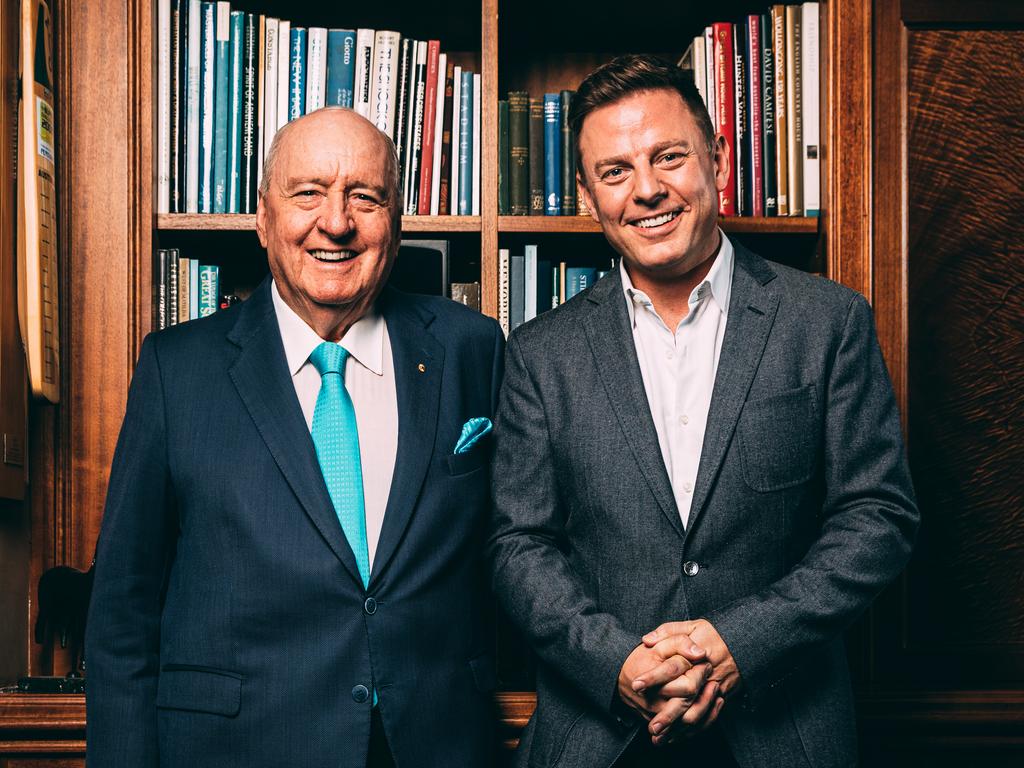Alan Jones pivotal to Wallabies Grand Slam sucess in 1984
The appointment of Alan Jones as Wallabies coach in 1984 turned my world upside down.

When Jones took over the reins from Dwyer I was uncertain of my place in the new order. Motivation was a struggle and the representative schedule was becoming increasingly heavy, particularly for amateur players. So many of the games Sydney and NSW played were meaningless.
At the start of 1984 my mind was not switched on to rugby and it wasn’t just Jones’s appointment, I was genuinely starting to get over rugby, which probably explains why I was overlooked as captain of both Sydney and NSW. That said, I was still favoured to lead the Wallabies on a three-match tour of Fiji.
My main rivals for the Wallabies captaincy were Michael Hawker and Steve Williams but they were both unavailable to make the tour. In a surprise move Andrew Slack, who was skippering Queensland for the first time in 1984, was named as Wallaby captain. It happened after the interstate match against Queensland at Concord Oval when Jonesy took me outside and told me I wasn’t going to be captain.
Jones is a very positive and confident person but I can imagine how hard it was for him to tell someone that they have lost the Australian captaincy and as you can imagine I didn’t say much and it was an awfully uncomfortable position for the both of us.
But in reality deep down I knew it was coming and I suppose there was no way I was going to be captain because Sydney had dropped me and NSW took the easy option and followed suit.
My sacking as Wallaby captain caused great controversy and as you would expect Jones was vilified and he always vigorously denied he was the prime mover in having me replaced which I acknowledge. It was his co-selectors, Bob Templeton and John Bain, who are both deceased, who demanded a change because of my perceived lack of discipline earlier in the season.
Jones as we all know is a man of many talents who went from being a schoolteacher to becoming one of Australia’s top-rating talkback radio hosts, retiring on Friday after 35 years. He is highly cultured and equally at home at the opera as he was at rugby.
He was intelligent, determined and tireless and as we all know he was prepared to do whatever it took to win. Jones was also smart enough to know what he did not know by recruiting Alec Evans, a renowned expert of forward play as the Wallabies assistant coach.
From memory, Jones was a different coach and very much a stickler for the basics, which at the time didn’t hurt us at all.
He professed to be a student of the game and he spent more time analysing than any other coach but in terms of rugby knowledge and feel for the game there was no comparison to the likes of Bod Dwyer and Bob Templeton, who were miles ahead of him. However, Jones worked awfully hard to achieve the success that he ultimately achieved.
The only one aspect of Jones new style of coaching that I could have done without was the Wallabies’ singing practice.
Jonesy made us sing before training and every player could roll out any Australian ditty just like that, Click go the Shears, you name it, we’d sing for two hours and then we’d train for two hours — it was very different in those days that’s for sure!
And although from the outside it looked easy we all had to endure our own problems.
Leading up to the Scotland Test match in 1984 I turned a corner to the hotel lift and found the Wallaby coach leaning against the wall in terrible pain. “My back’s caved in but please don’t tell the boys” he grimaced. “I’m all right if I can stand up straight.”
It was then that I discovered that Jones had to be rolled out of bed each morning and needed help to shower and dress. He’d been like this for several weeks, yet had continued to drive himself harder than any of the players.
Jones’s first year as coach turned out to be my last year in international rugby. After losing a Bledisloe Cup series 2-1 against New Zealand in Australia, I retired after the Grand Slam tour of the UK where Jones gave me the authority to call the plays as he was confident that my on-field leadership would not undermine Slack’s overall captaincy of the team.
I may not have agreed with many things throughout his tenure at the ARU, nor what he said on radio, but the Grand Slam tour will go down in history because of his contribution and that of the team.







The appointment of Alan Jones as Wallabies coach in 1984 turned my world upside down. I felt happy and secure under my old Randwick coach Bob Dwyer because my status as Wallabies captain and five-eighth was unquestioned.